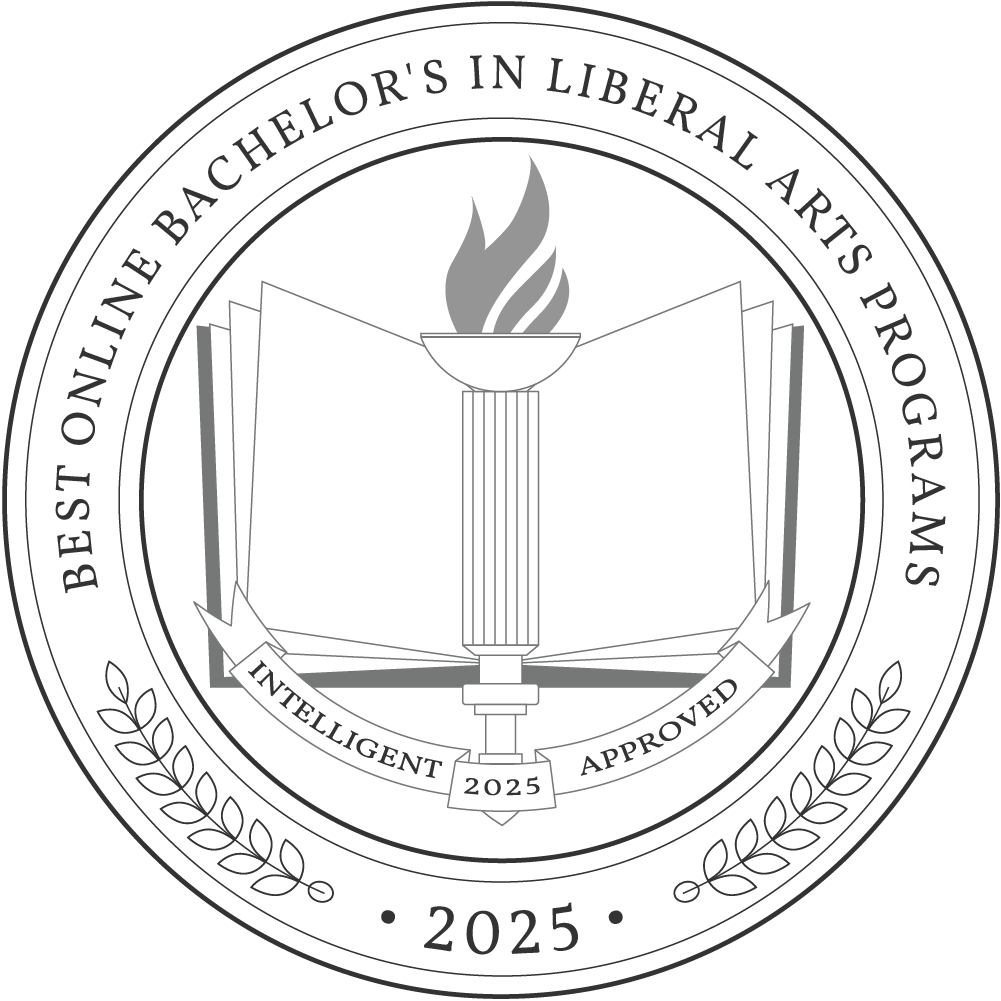Earning a bachelor’s degree in any field is a surefire way to boost your earning potential, with median weekly earnings of $1,493 compared to $899 for those with just a high school diploma. It also reduces unemployment, with bachelor’s holders experiencing a 2.2% unemployment rate versus 3.9% for high school graduates. By honing your focus on a liberal arts degree, you can become qualified for roles such as human resources specialist (median salary of $67,650) or market research analyst ($74,680).
To help you find the best program, we’ve researched and compiled this list of the best online liberal arts degree programs in the country. Each program offers quality education and flexibility for a successful online education, providing a clear route to success in today’s competitive job market.
Why Trust Us
The Intelligent.com Higher Education Team is dedicated to providing students with independent, equitable school and program rankings and well-researched resources. Our expert-driven articles cover topics related to online colleges and programs, paying for school, and career outlooks. We use data from the U.S. Department of Education’s College Scorecard, the National Center for Education Statistics, and other reputable educational and professional organizations. Our academic advisory team reviews content and verifies accuracy throughout the year for the most current information. Partnerships do not influence rankings or editorial decisions.
- Analyzed over 2,000 national, accredited, and nonprofit colleges and universities
- 800+ rankings pages are reviewed and updated yearly
- Content is informed by reputable sources, surveys, and interviews with academic advisors and other experts
- Over 100 data points are reviewed for accuracy and quality throughout the year, including sources
How we rank schools
Our list features the best online Liberal Arts degree programs at top colleges nationwide. Each school featured is a nonprofit, accredited institution — either public or private — with a high standard of academic quality for post-secondary institutions.
We evaluated each school’s program on tuition costs, admission, retention and graduation rates, faculty, reputation, and the student resources provided for online students. We collected data from trusted sources like the National Center for Education Statistics, individual school and program websites, school admissions counselors, and other data sources. Then, we calculated the Intelligent Score on a scale of 0 to 100 based on the following criterion:
Academic Quality:
- Admission rate versus enrollment rate
- Retention rate of students who return after year one
- Accreditation status (regional and programmatic)
- Nonprofit status, both private and public institutions
Graduation Rate
- Overall graduation rate
- Total number of currently enrolled students, including diversity metrics
- Student-to-faculty ratio
Cost and ROI
- In-state and out-of-state per-credit tuition rates and fees
- Required credits to graduate
- Earning potential after graduation
- Availability of federal student loans, scholarships, and other financial aid options
Student Resources
- Available student services for online-only and hybrid programs
- On-campus amenities like tutoring centers and the number of libraries
Read more about our ranking methodology.
Best 47 Online Bachelor's in Liberal Arts Programs
FiltersInstitution Type
Status
- Intelligent Score
- Alphabetically By University Name
- Acceptance Rate
- Enrollment
- In-state Graduate Tuition
- Out-of-state Graduate Tuition
- In-state Undergraduate Tuition
- Out-of-state Undergraduate Tuition

The University of Oklahoma
Intelligent Score: 98.7In-state: $4,788
Out-of-state: $20,169
In-state: $6,943
Out-of-state: $6,943
SAT: 1100-1300
ACT: 23-29
Resident: $159.62 per credit
Non-Resident: $672.32 per credit
Online
Higher Learning Commission
120 credits
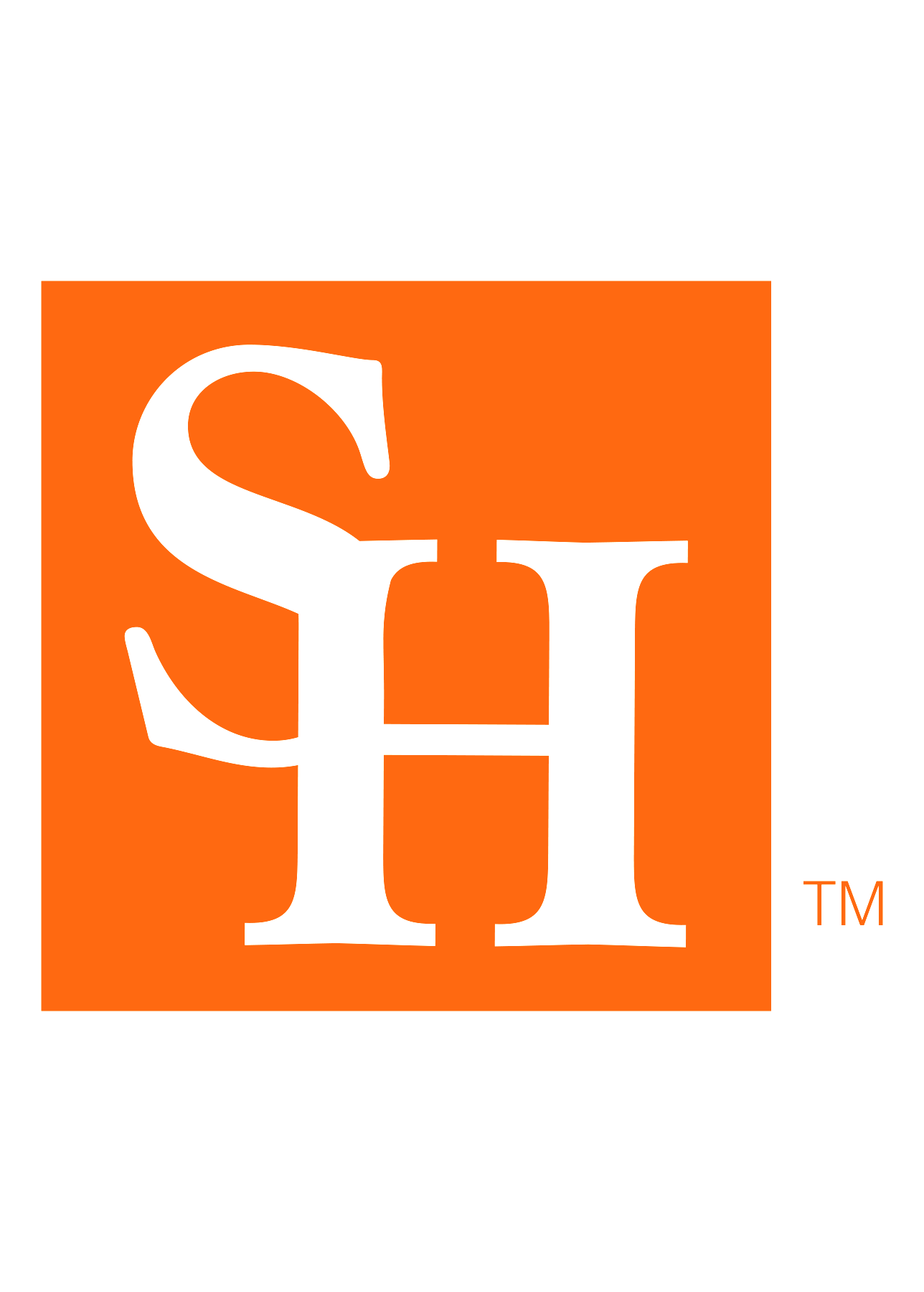
Sam Houston State University
Intelligent Score: 97.14In-state: $5,856
Out-of-state: $15,672
In-state: $5,765
Out-of-state: $5,765
SAT: 970-1120
ACT: 18-23
Resident: $777.75 per credit
Non-Resident: $1,199.75 per credit
Online, On-Campus
Southern Association of Colleges and Schools Commission on Colleges
120 credits
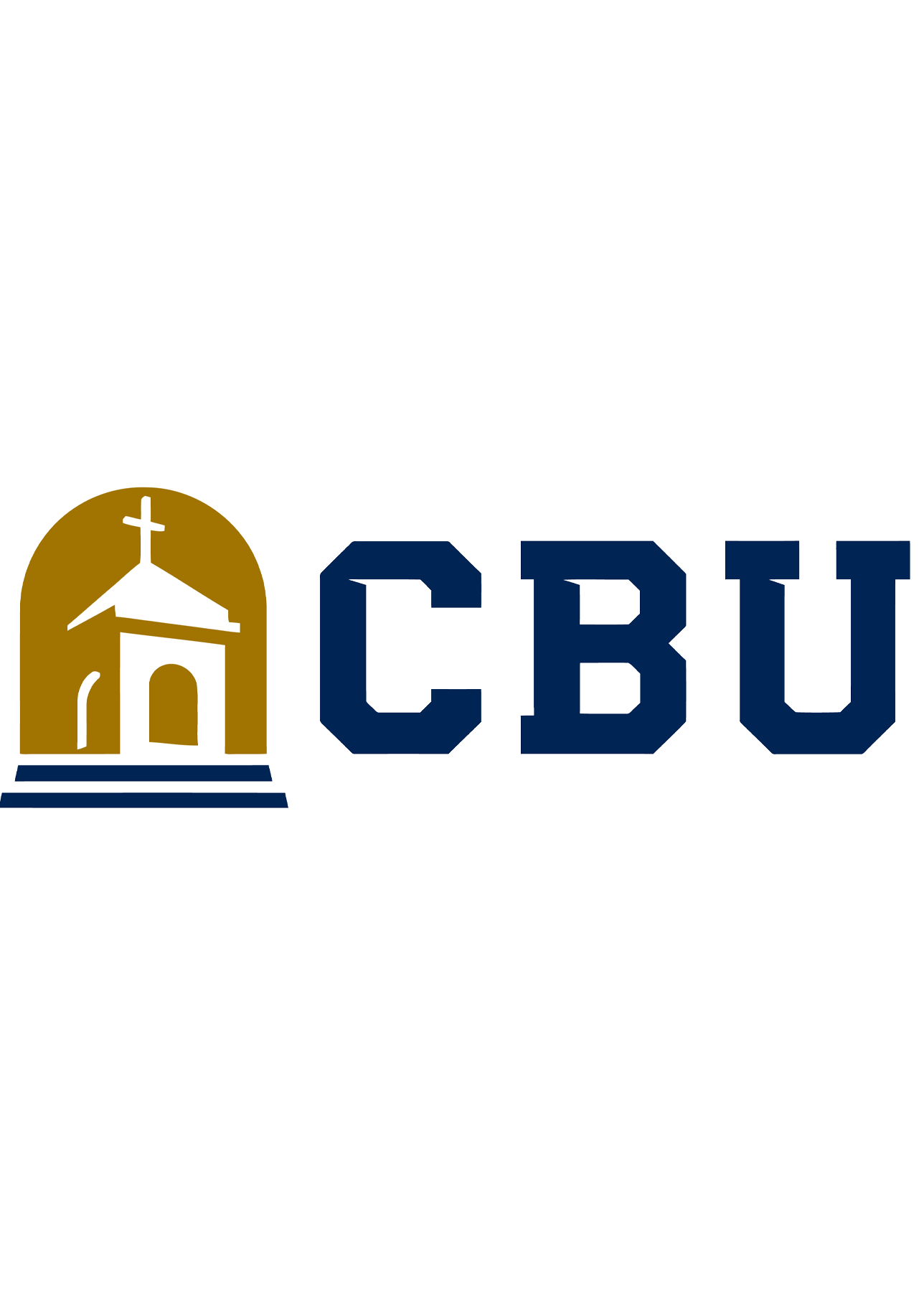
California Baptist University Online
Intelligent Score: 96.66In-state: $33,930
Out-of-state: $33,930
In-state: $13,410
Out-of-state: $13,410
SAT: 960-1150
ACT: 18-25
$613 per credit
Online
Western Association of Schools and Colleges Senior College and University Commission
124 credits

University of Illinois Springfield
Intelligent Score: 96.55In-state: $14,317
Out-of-state: $33,824
In-state: $15,016
Out-of-state: $15,016
SAT: 1200-1460
ACT: 27-33
$362 per credit
Online, On-Campus
Higher Learning Commission
120 credits
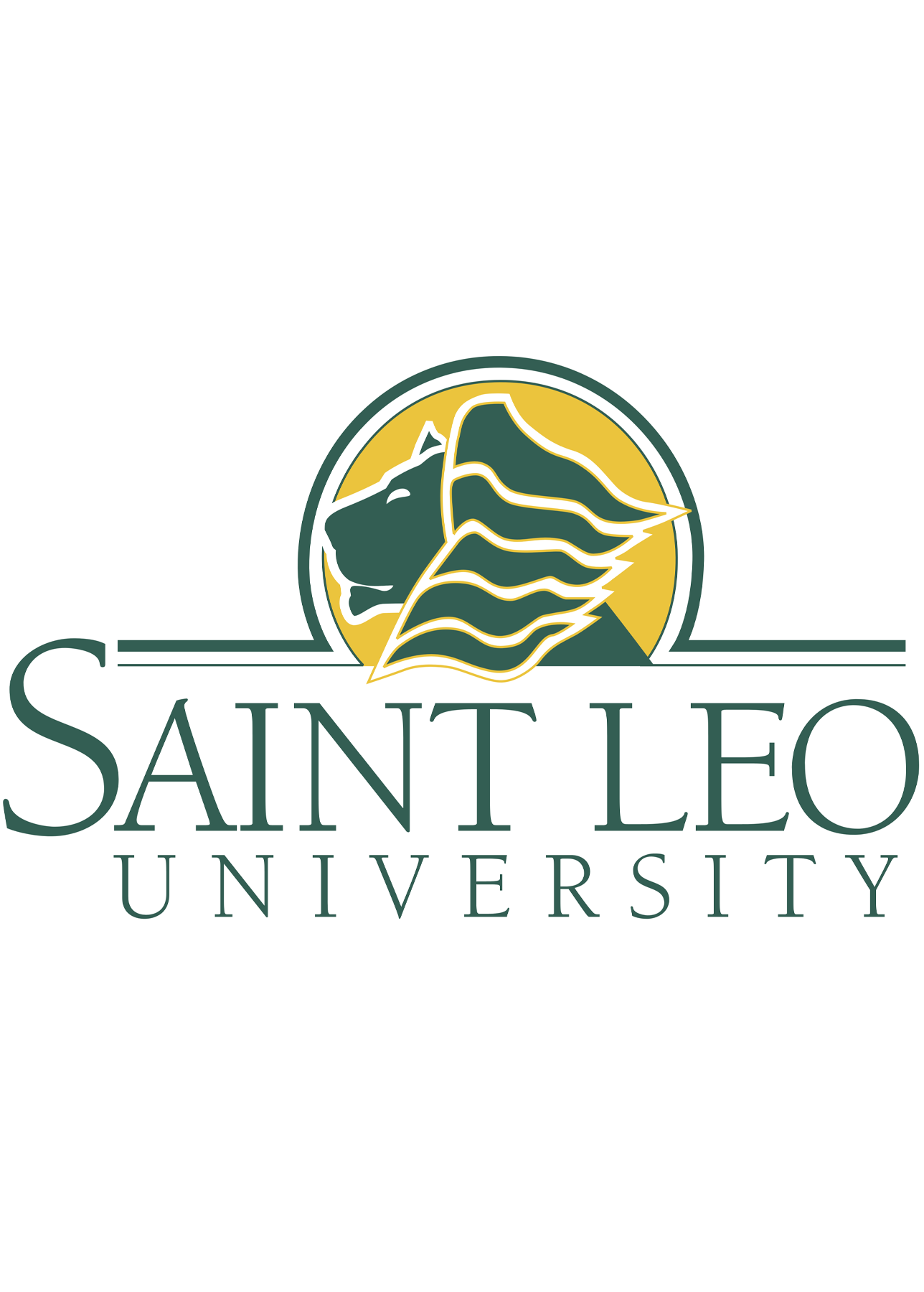
Saint Leo University
Intelligent Score: 96.15In-state: $23,990
Out-of-state: $23,990
In-state: $14,568
Out-of-state: $14,568
SAT: N/A
ACT: N/A
$380 per credit
Online
Southern Association of Colleges and Schools Commission on Colleges
120 credits
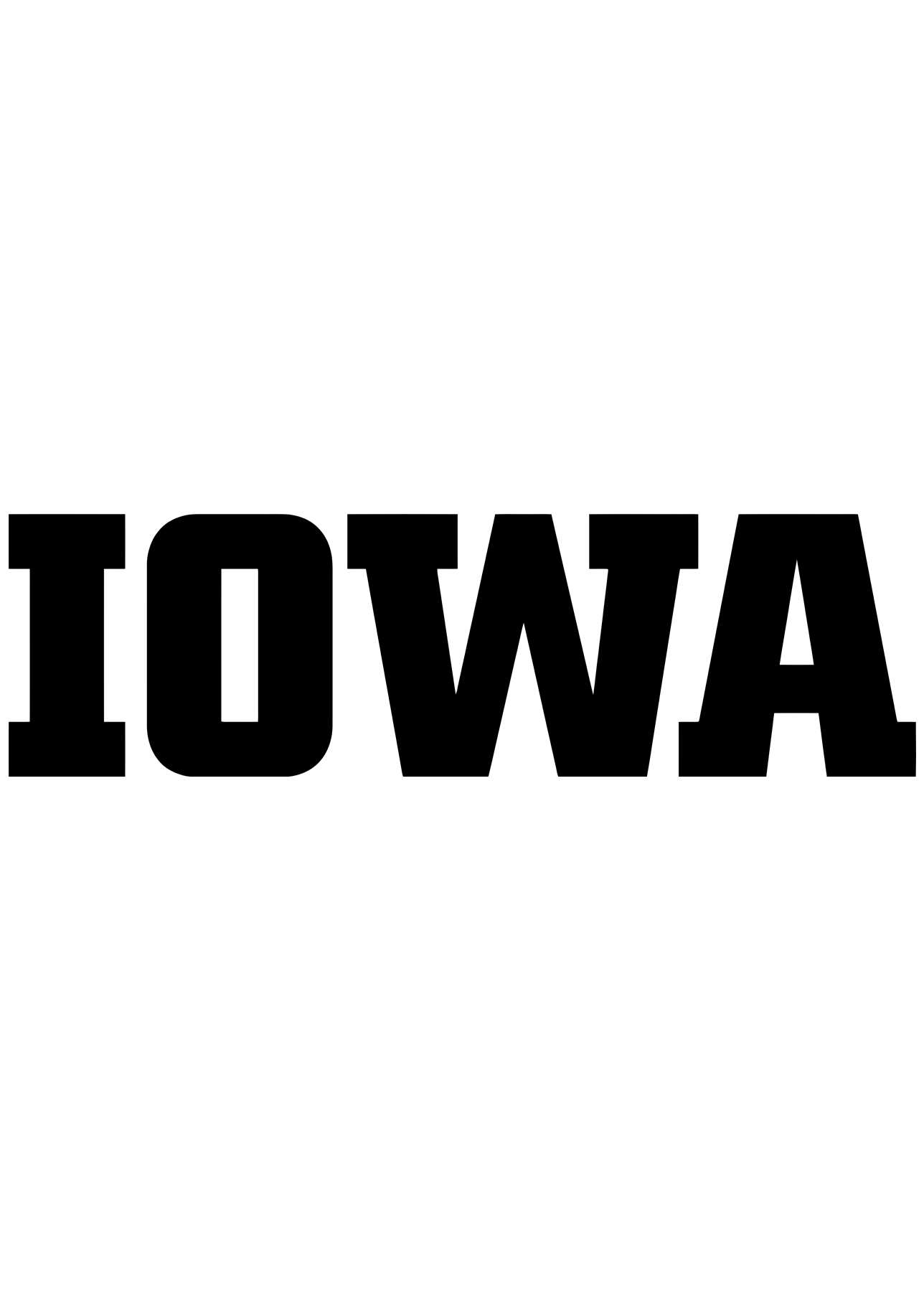
University of Iowa
Intelligent Score: 96.05In-state: $8,073
Out-of-state: $30,036
In-state: $10,079
Out-of-state: $10,079
SAT: 1110-1310
ACT: 22-29
$337 per credit
Online, On-Campus
Higher Learning Commission
120 credits

University of Massachusetts Lowell
Intelligent Score: 95.06In-state: $15,791
Out-of-state: $35,779
In-state: $14,014
Out-of-state: $14,014
SAT: 1200-1390
ACT: 27-32
$380 per credit
Online, On-Campus
New England Commission of Higher Education
120-122 credits

UNC Greensboro
Intelligent Score: 94.91In-state: $7,019
Out-of-state: $34,198
In-state: $10,552
Out-of-state: $10,552
SAT: 1280-1490
ACT: 28-33
In-State: $186 per credit
Out-of-State: $698.18 per credit
Online
Southern Association of Colleges and Schools Commission on Colleges
120 credits
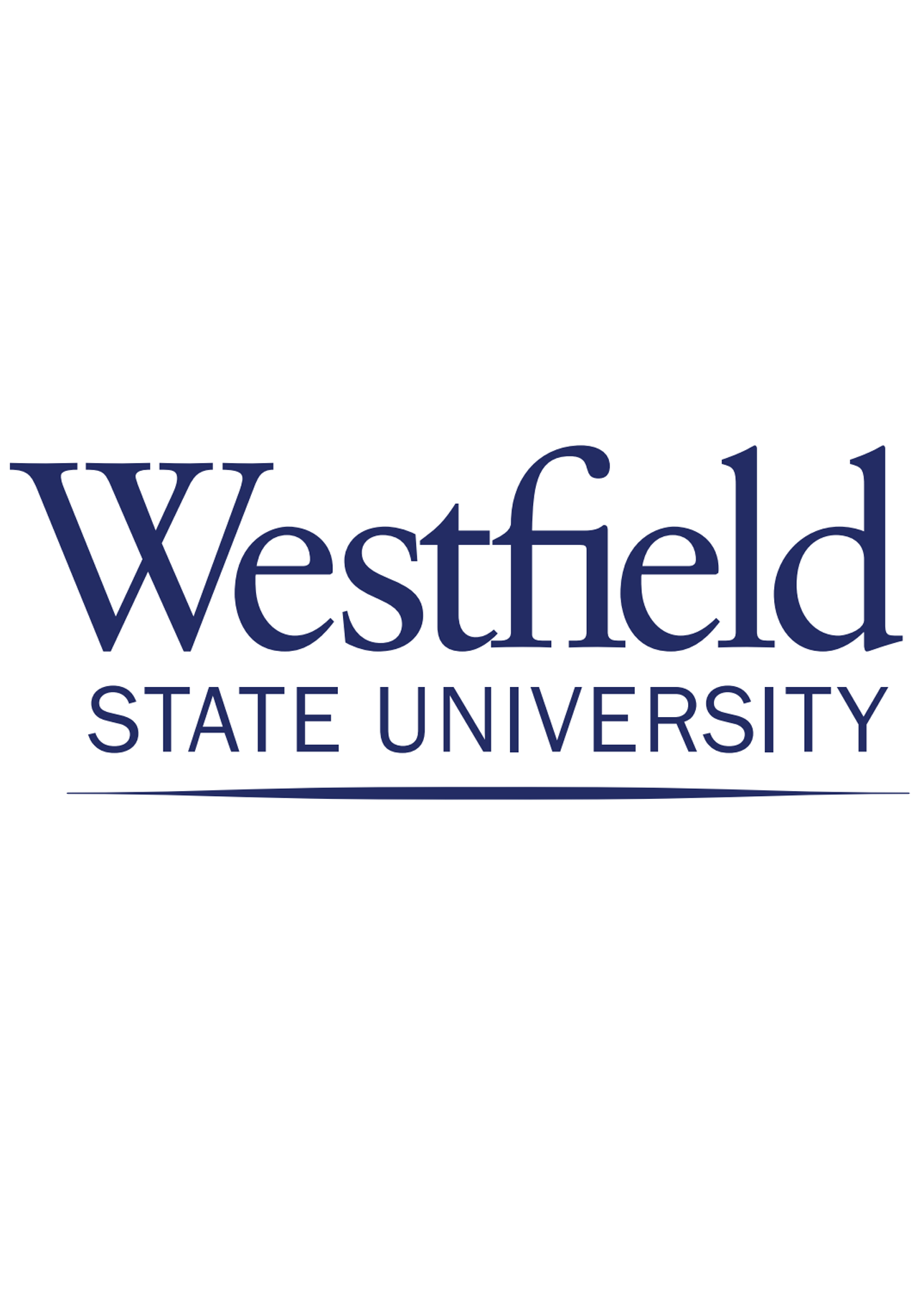
Westfield State University
Intelligent Score: 94.7In-state: $970
Out-of-state: $7,050
In-state: $1,890
Out-of-state: $1,890
SAT: 960-1140
ACT: 19-25
$330 per credit
Online
New England Commission of Higher Education
120 credits

Harvard University
Intelligent Score: 93.21In-state: $49,653
Out-of-state: $49,653
In-state: $49,448
Out-of-state: $49,448
SAT: 1460-1580
ACT: 33-35
$470 per credit
Online, On-Campus
New England Commission of Higher Education
128 credits
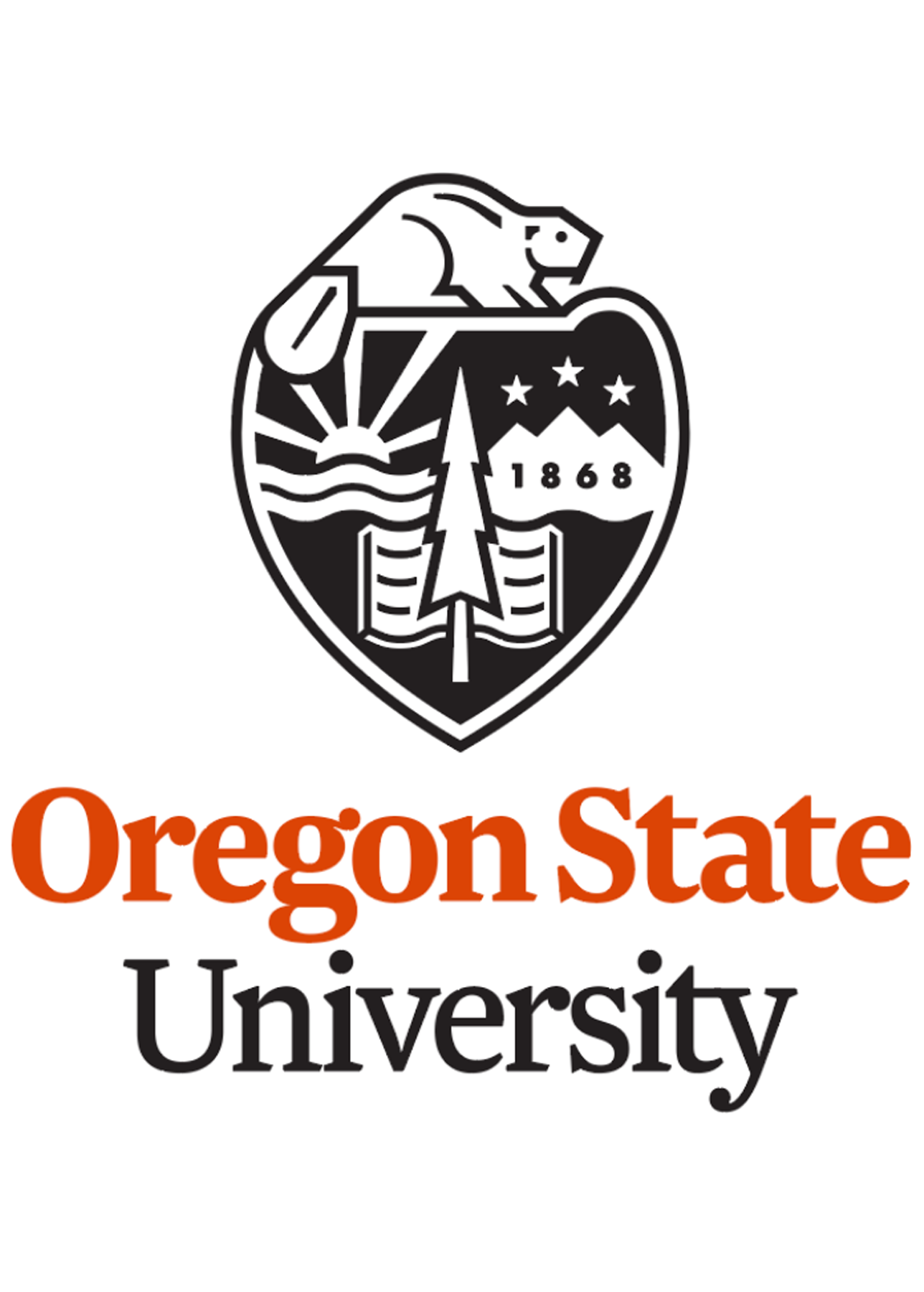
Oregon State University
Intelligent Score: 90.06In-state: $9,846
Out-of-state: $29,445
In-state: $13,257
Out-of-state: $13,257
SAT: 1080-1310
ACT: 21-29
$318 per credit
Online
Northwest Commission on Colleges and Universities
180 credits
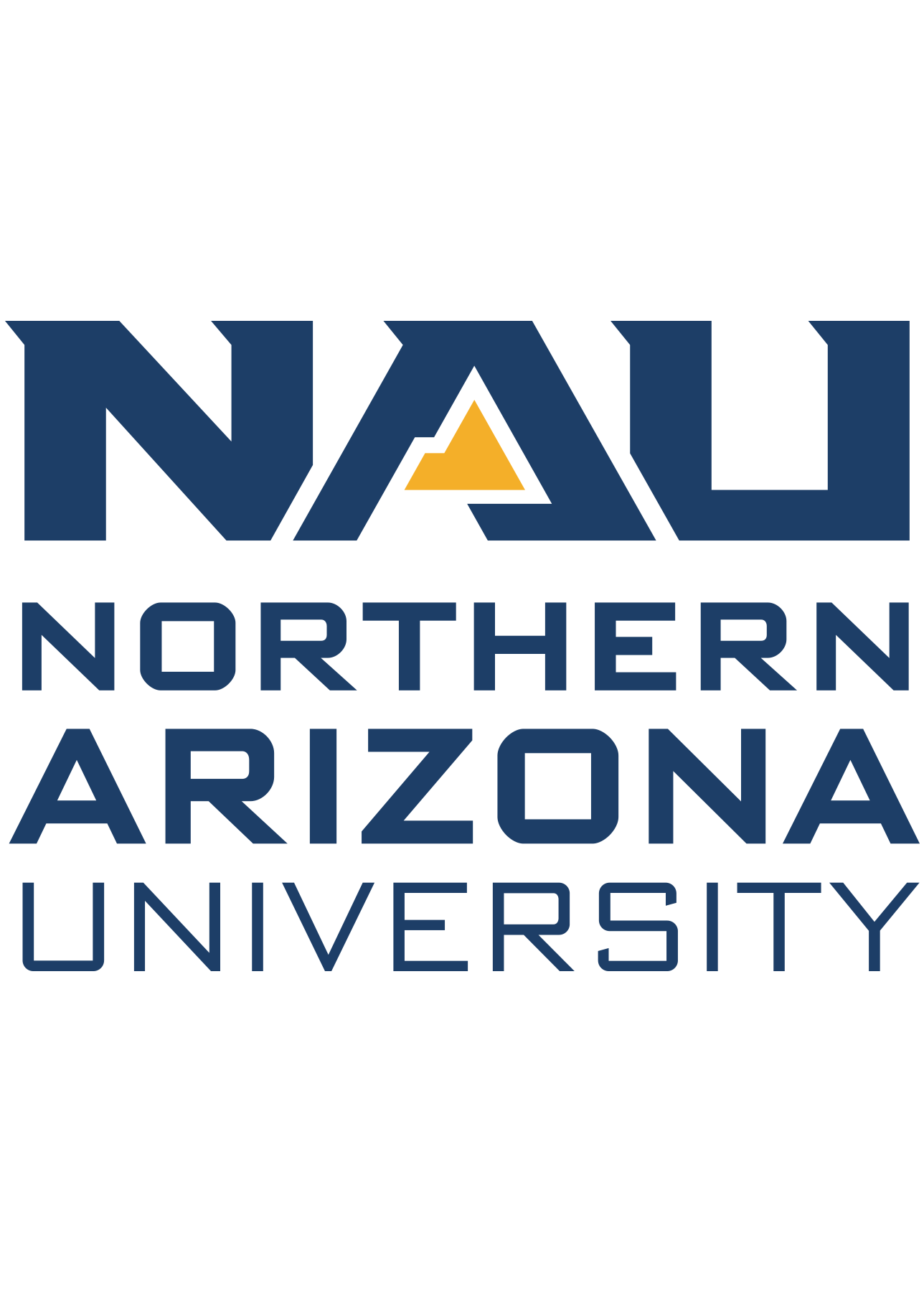
Northern Arizona University
Intelligent Score: 89.76In-state: $10,243
Out-of-state: $16,248
In-state: $10,309
Out-of-state: $10,309
SAT: N/A
ACT: N/A
$455 per credit
Online
Higher Learning Commission
120 credits
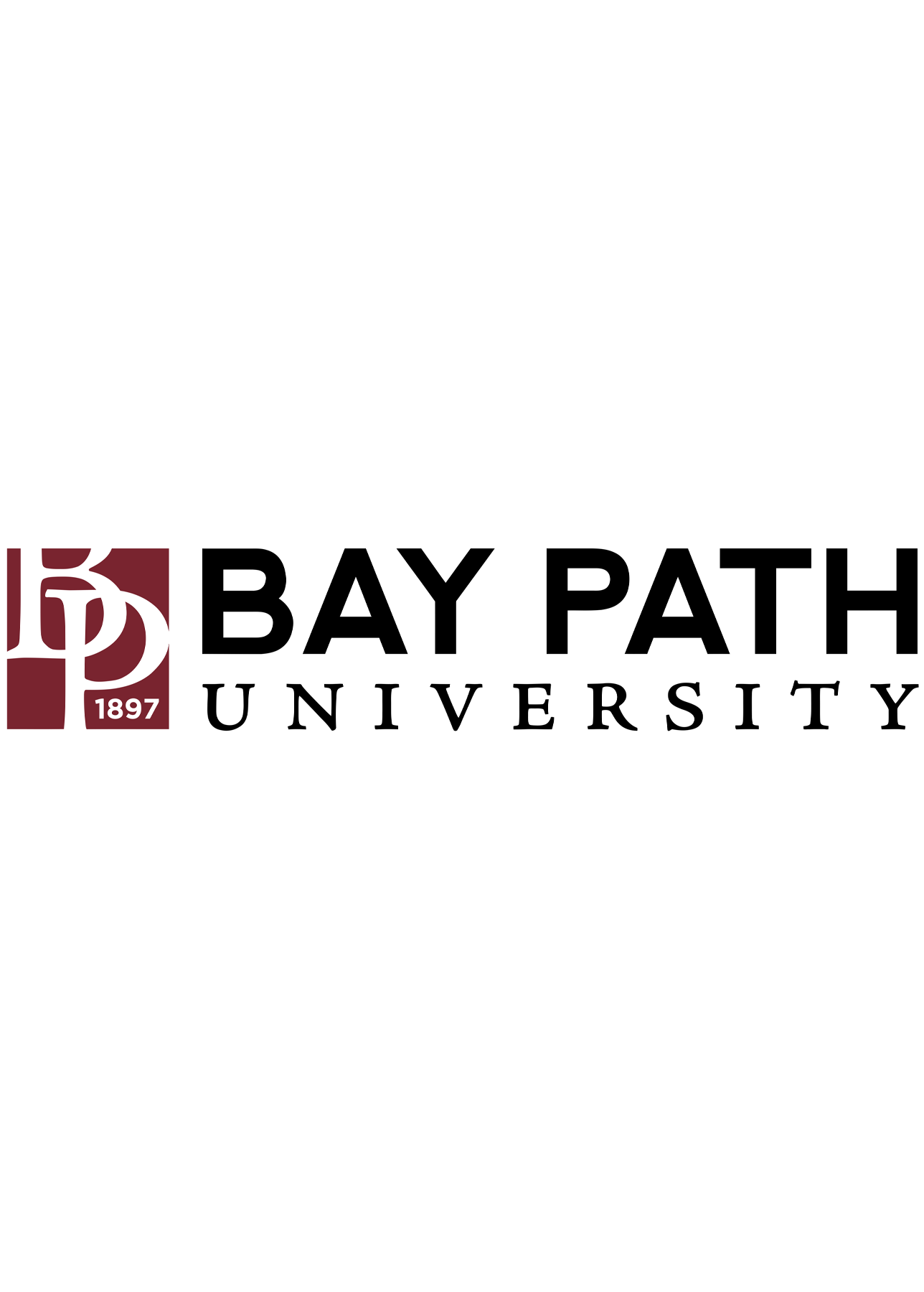
Bay Path University
Intelligent Score: 89.71In-state: $35,781
Out-of-state: $35,781
In-state: $19,235
Out-of-state: $19,235
SAT: 940-1170
ACT: 23-31
$400 per credit
Online, On-Campus
New England Commission of Higher Education
120 credits
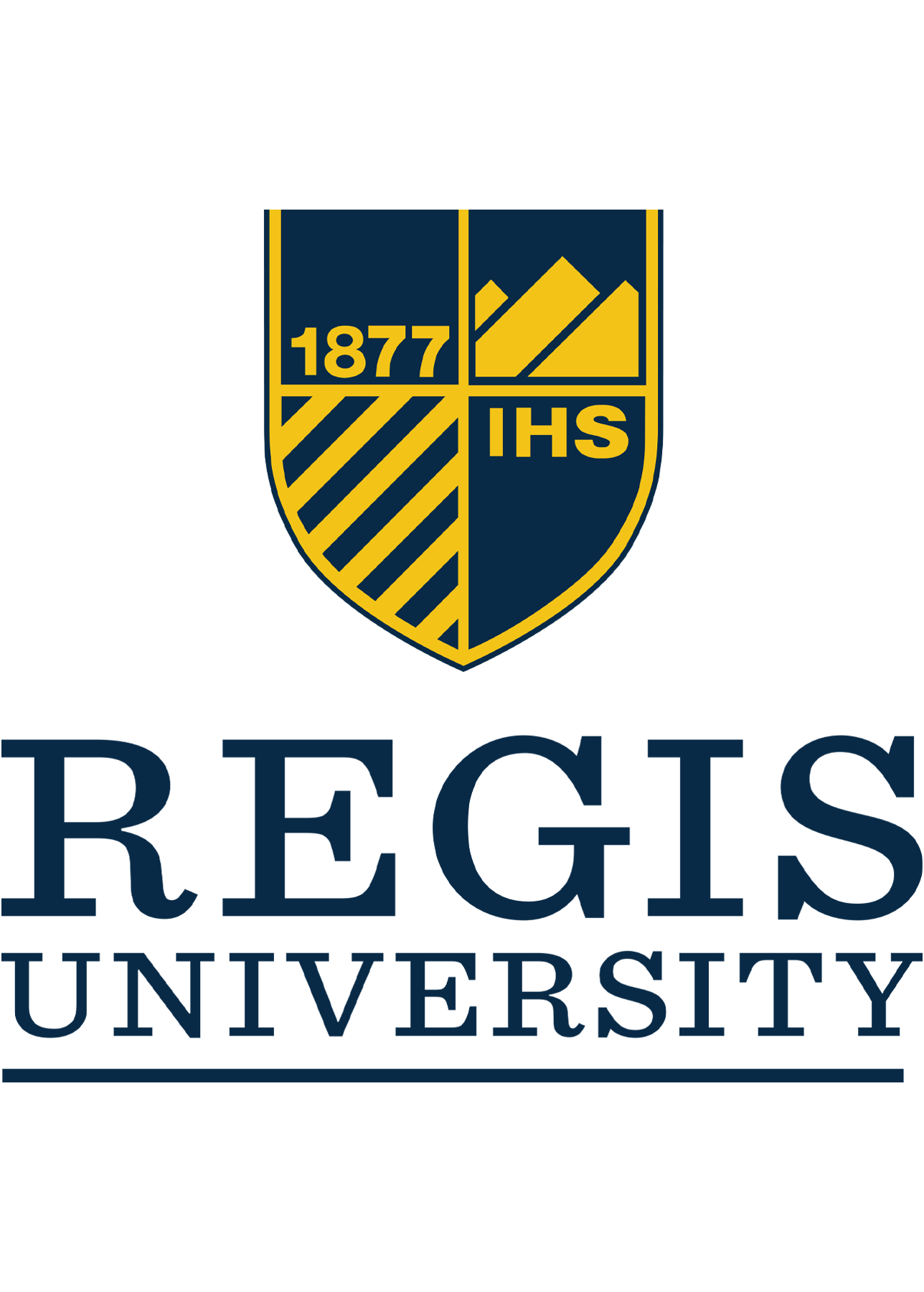
Regis University
Intelligent Score: 89.23In-state: $38,208
Out-of-state: $38,208
In-state: $14,322
Out-of-state: $14,322
SAT: 1000-1220
ACT: 21-28
$475 per credit
Online, On-Campus
Higher Learning Commission
120 credits
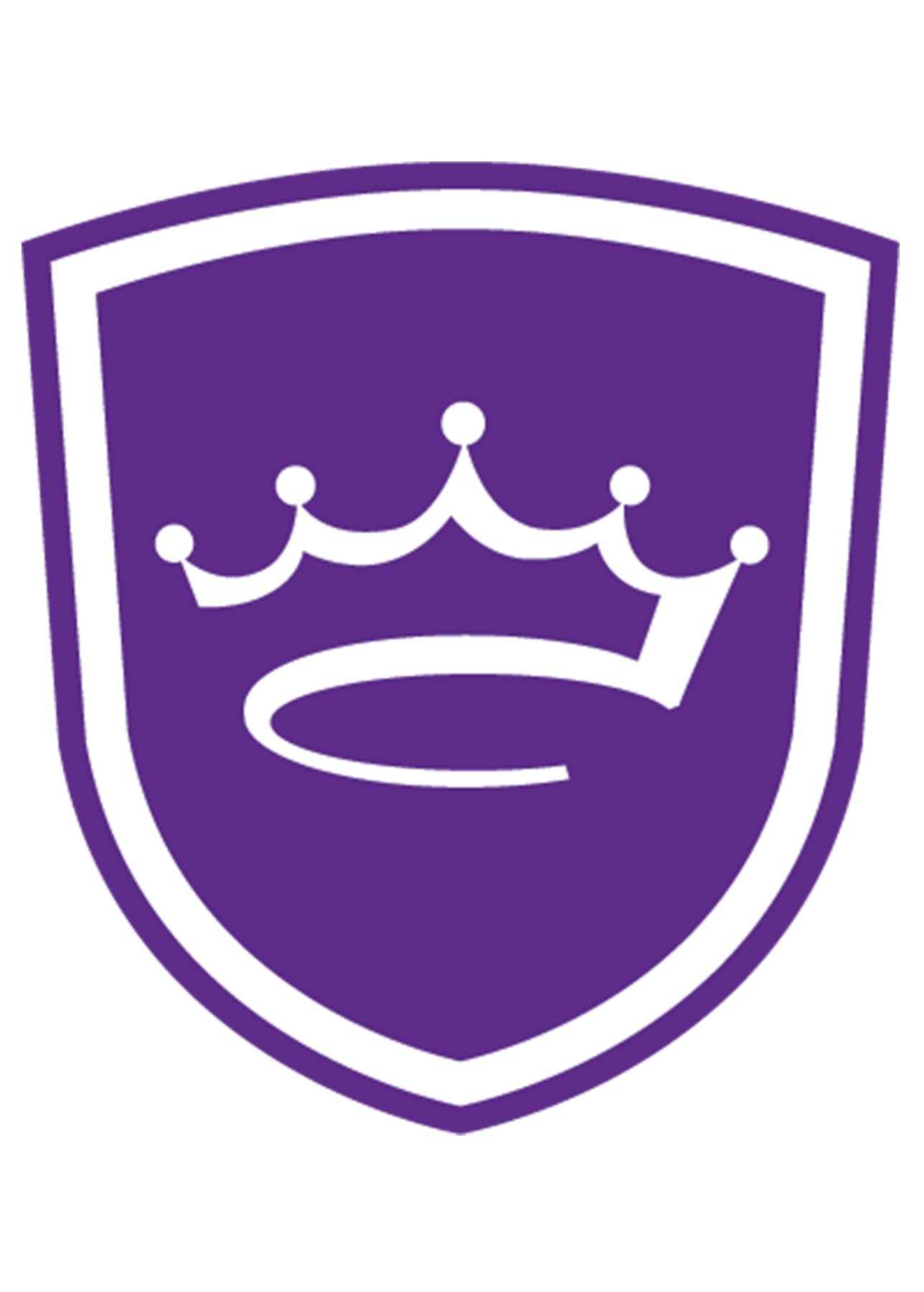
Crown College
Intelligent Score: 89.09In-state: $27,270
Out-of-state: $27,270
In-state: $9,990
Out-of-state: $9,990
SAT: 960-1150
ACT: 18-23
$395 per credit
Online
Higher Learning Commission
125 credits
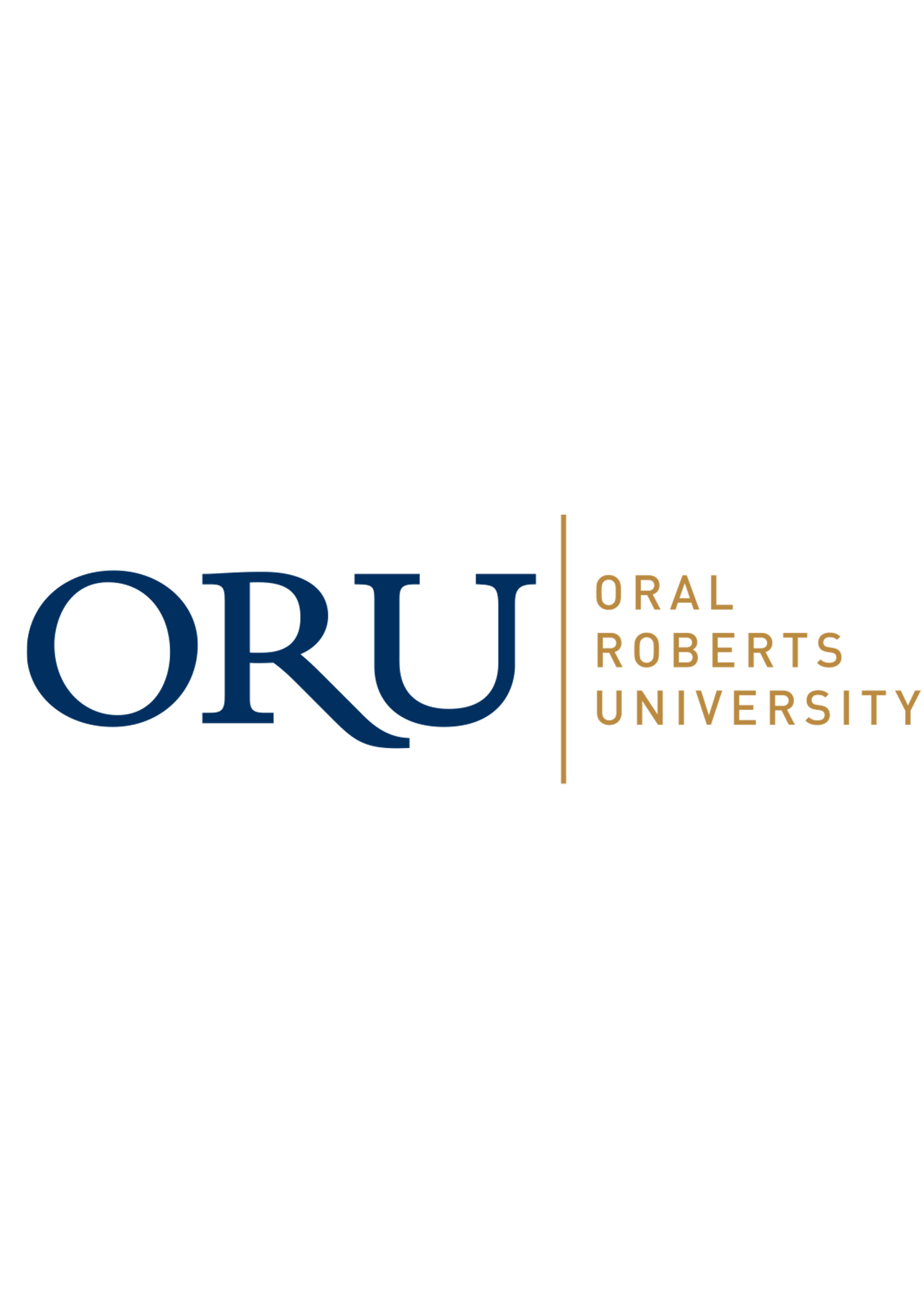
Oral Roberts University
Intelligent Score: 88.89In-state: $29,700
Out-of-state: $29,700
In-state: $11,052
Out-of-state: $11,052
SAT: 980-1220
ACT: 19-27
$410 per credit
Online
Higher Learning Commission
120 credits
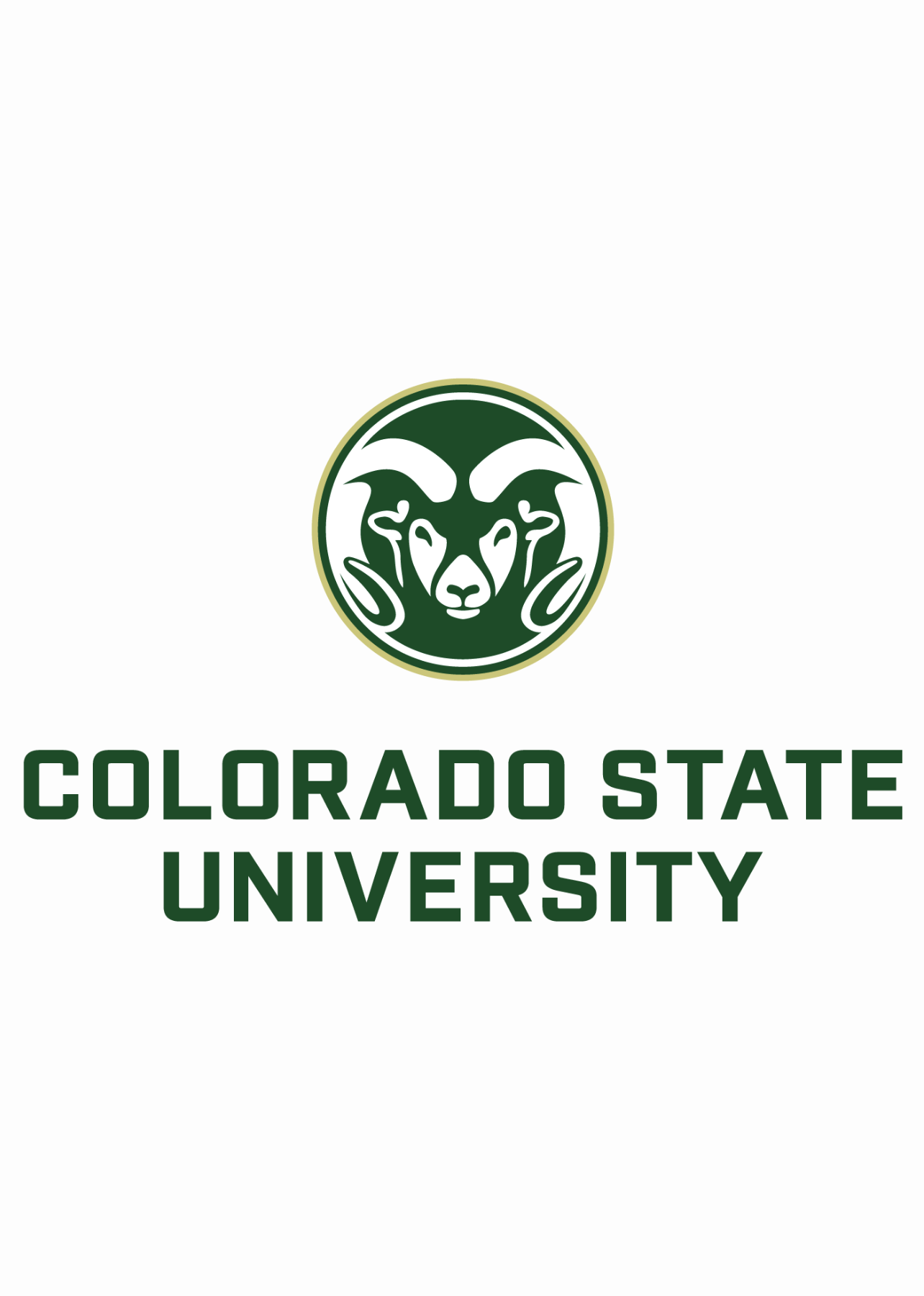
Colorado State University
Intelligent Score: 88.41In-state: $9,426
Out-of-state: $28,147
In-state: $10,520
Out-of-state: $10,520
SAT: 1070-1280
ACT: 23-29
$476 per credit
Online, On-Campus
Higher Learning Commission
120 credits
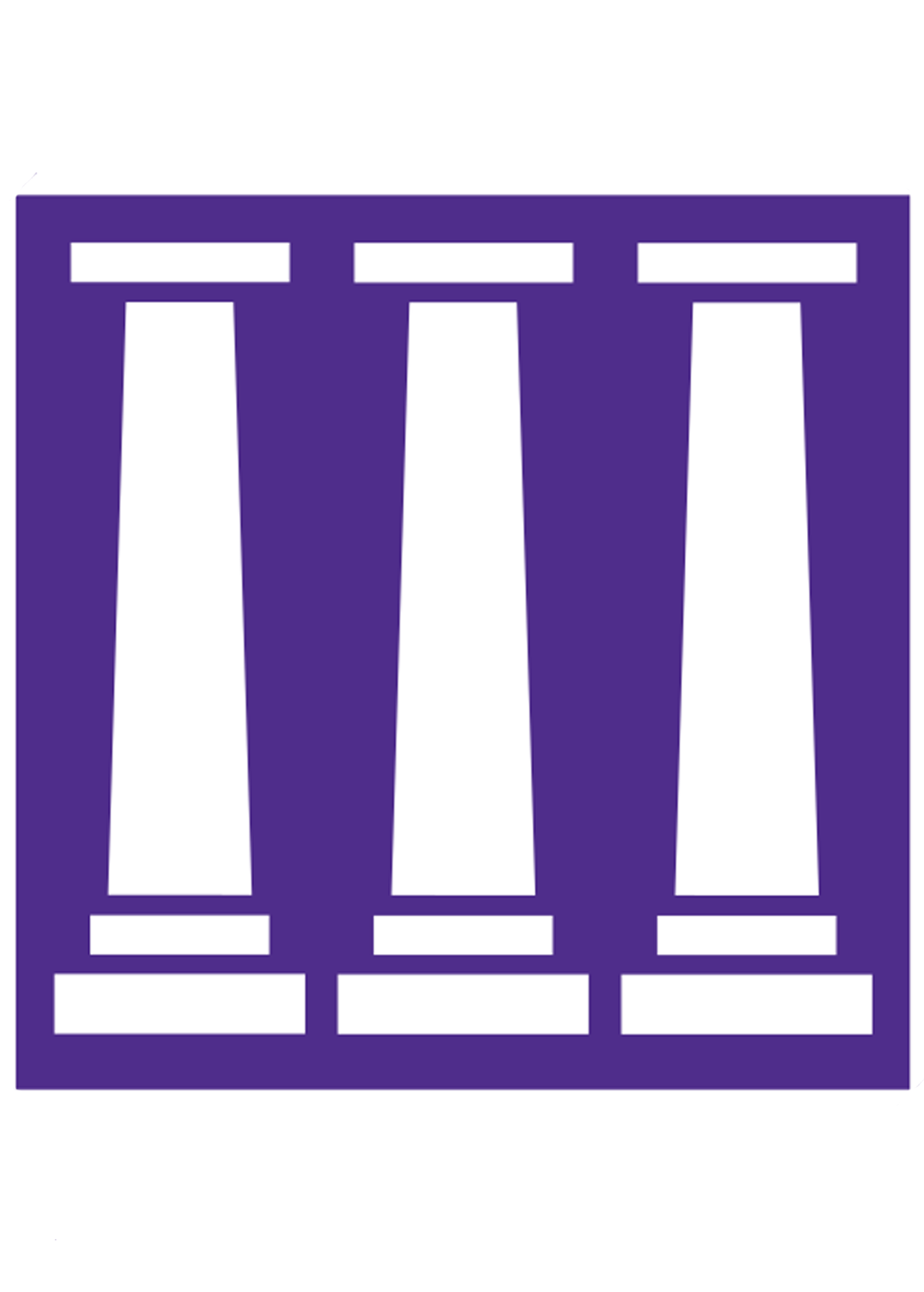
Northwestern State University of Louisiana
Intelligent Score: 87.73In-state: $5,180
Out-of-state: $15,968
In-state: $5,738
Out-of-state: $5,738
SAT: 978-1130
ACT: 17-23
$375 per credit
Online
Southern Association of Colleges and Schools Commission on Colleges
120 credits
What You Should Know About an Online Bachelor’s in Liberal Arts Degree
A liberal arts degree is one choice among the many available Bachelor of Arts degrees. Many students choose between a degree in communications or a degree in liberal arts. While a liberal arts degree educates you on a broad range of topics, including literature and history, a communications degree is focused more on journalism and public relations.
Regardless of the major you choose, it’s important to look for a program that’s accredited. You can search the U.S. Department of Education’s Database of Accredited Postsecondary Institutions and Programs to confirm accreditation.
A liberal arts degree can prepare you for work in a variety of industries. Most commonly, students with an online bachelor’s in liberal arts enter fields such as journalism, customer service, or public relations. While this degree can give you a solid background in these fields, some careers, including journalism and public relations, may require additional education that’s specific to those industries.
Finding the Right Online Program
Here are some questions to ask when researching online bachelor’s in liberal arts programs:
- Am I eligible for this program? Generally, you will only need a high school diploma or GED to enter these programs. Depending on the program, you may also need to have a minimum score on SAT or ACT exams.
- Are courses offered synchronously or asynchronously? Online courses vary in format. Some are offered asynchronously, so you can access coursework and study materials at your own pace. Others may be offered in a synchronous format, meaning you must meet with instructors and students online at designated times.
While researching courses, be mindful of application requirements and deadlines. If you need financial assistance to pay for your education, pay attention to the deadlines associated with any grants, scholarships, or bursaries you choose to apply for.
Frequently Asked Questions About Online Bachelor’s in Liberal Arts Programs
What career opportunities are available with an online bachelor’s in liberal arts degree?
Earning an online bachelor’s in liberal arts is an excellent way to gain a versatile skillset in communication, critical thinking, and problem-solving, preparing yourself for various in-demand careers. This can include options like:
- Human Resources Specialist, ideal for those enthusiastic about recruitment, employee relations, and creating supportive work environments
- Market Research Analyst, well-suited for analytical thinkers interested in interpreting data to guide business decisions
- Public Relations Specialist, a great fit for strong communicators who excel in managing public perception and creating narratives
With this degree, you’ll have the flexibility and skills to succeed in various fields, ultimately becoming a valuable asset in today’s workforce.
Are online bachelor’s in liberal arts degree programs as credible as on-campus programs?
Yes, online programs can be just as credible as on-campus programs. Many online programs feature the same curriculum and faculty as their in-person counterparts. These programs are often ideal for those who seek the same academic rigor and quality as in-person programs but need the flexibility and accessibility of online learning.
However, credibility largely depends on accreditation, which signifies that the program meets established academic and professional benchmarks. Before enrolling, be sure to verify that the institution is accredited by a recognized accrediting agency.
How long does it take to complete an online bachelor’s in liberal arts degree program?
These degree programs often take four years to complete, the same timeline as traditional on-campus programs. That said, online learners usually have more flexibility, allowing for different completion times.
Accelerated programs enable students who can dedicate more time to their studies to graduate faster, sometimes in as little as two to three years. On the other hand, part-time options are ideal for those balancing their education with professional or family obligations, extending the timeline but maintaining accessibility.
Are there specialization options within online bachelor’s in liberal arts degree programs?
Yes, these degree programs often offer specialization options, helping you focus your interests while benefiting from this versatile degree. Popular options include:
- Psychology, preparing students for roles in counseling, social services, or human resources
- Communications, ideal for careers in public relations, media, or marketing
- Political science, helpful for roles in government or law
By specializing in one of these fields or any others available, you’ll also increase your job market competitiveness, giving you a clear direction within the broad scope of liberal arts.
What is the cost of an online bachelor’s in liberal arts degree?
For the 2022-2023 academic year, the average annual tuition for an undergraduate degree program was $14,688. Still, many factors can cause this figure to fluctuate, such as residency status and whether you attend a public or private institution.
Public schools are generally more affordable than private institutions, but non-residents will likely see higher tuition rates. Additional expenses, like technology fees and course materials, can increase the overall price. Fortunately, most schools offer financial aid — in the form of scholarships or grants — to help offset some of these costs. Be sure to research and compare programs to find the best fit for your budget.
Compare School Options
Related Degrees
- Liberal Arts
- English Language Learning
- Journalism
- General Studies
- Creative Writing
- Political Science
- Environmental Science
- Human Services
- Art and Art History
- Social Work
